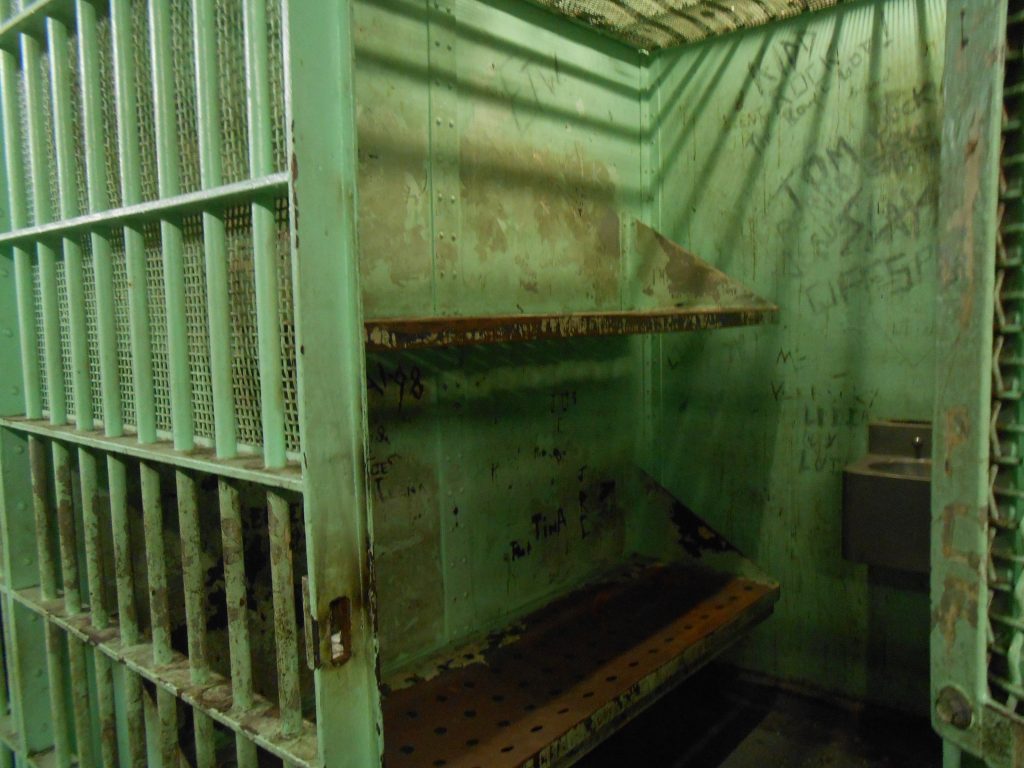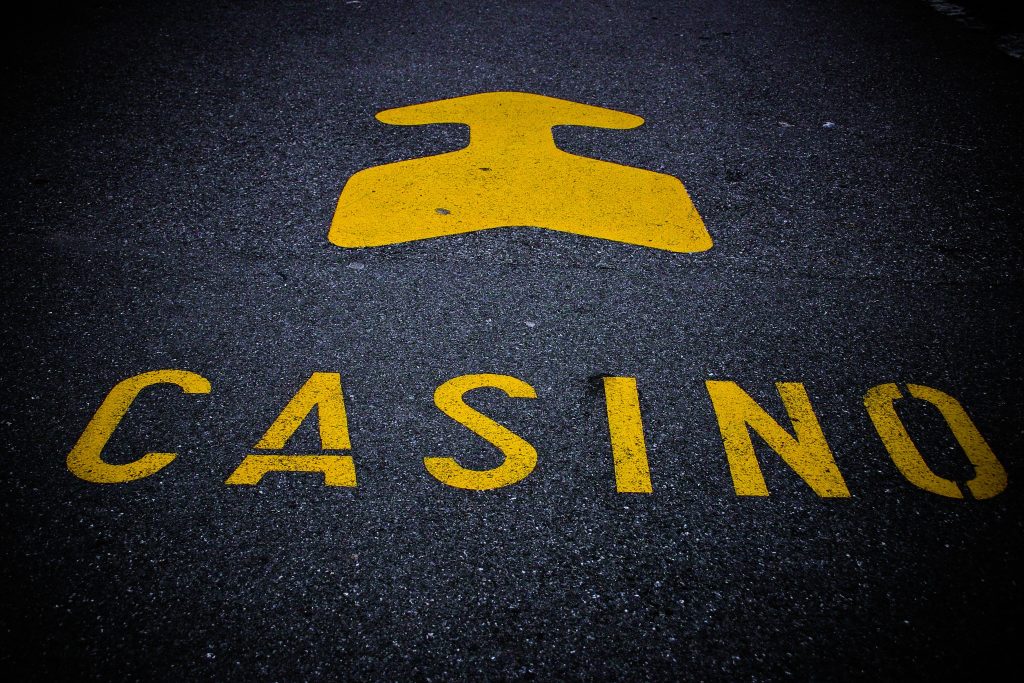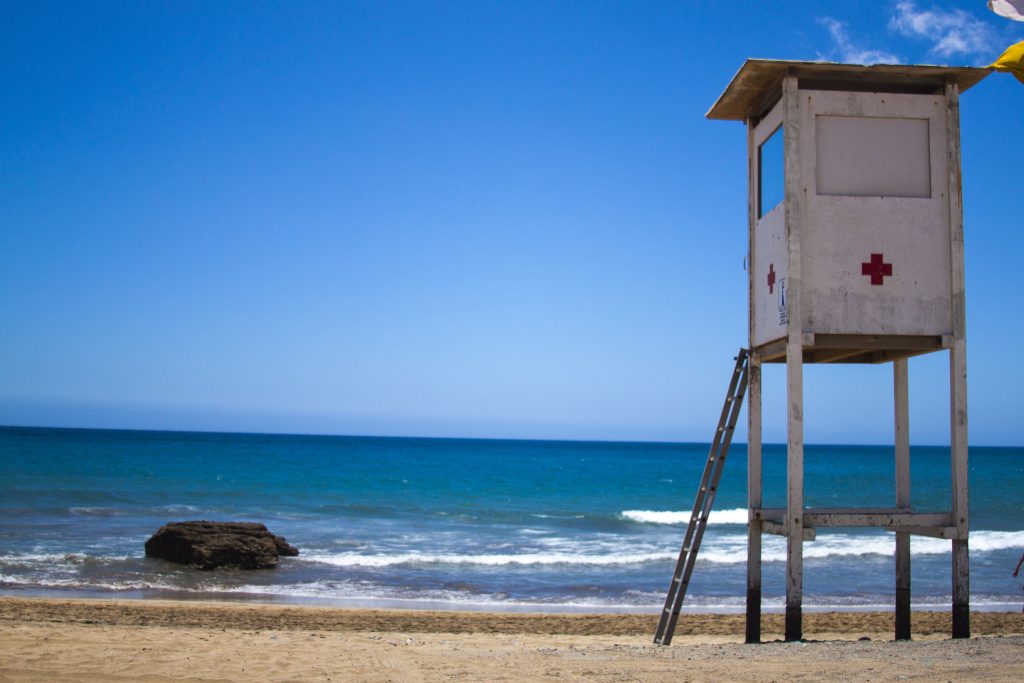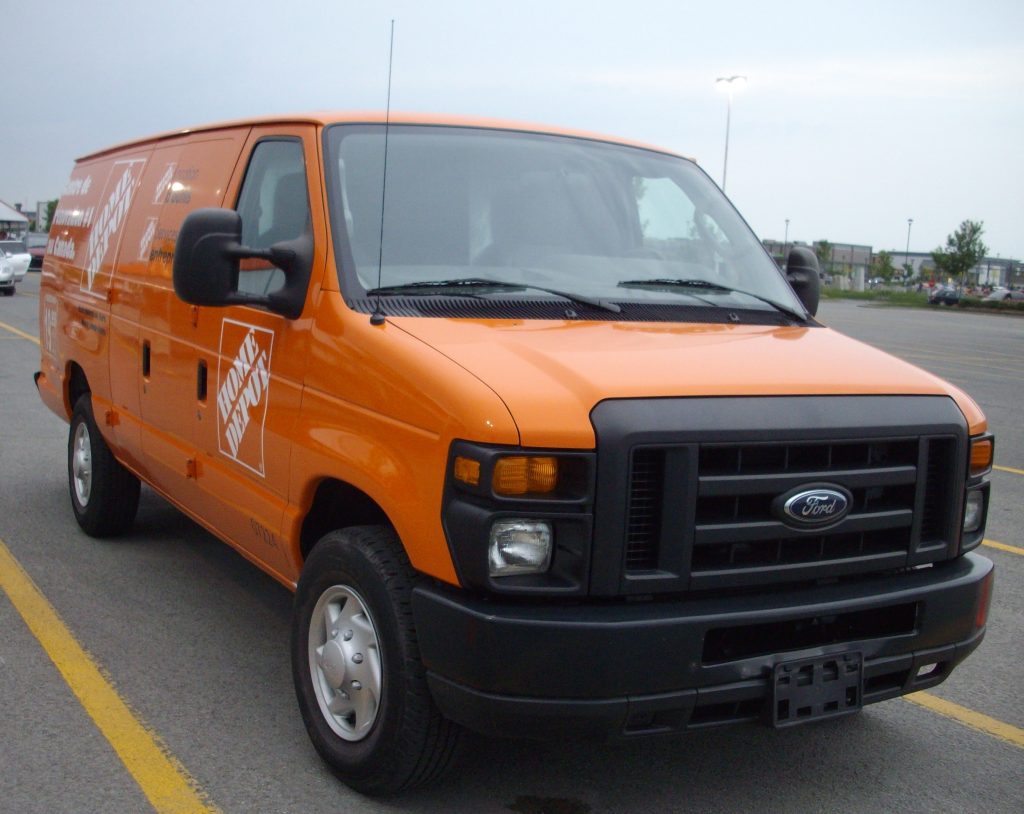 You might be eligible for workers’ compensation if you are injured on the job. However, you must be honest in your communications with your employer and medical providers because, under Louisiana law, you forfeit your rights to any such benefits if you make misrepresentations or false statements concerning your workers’ compensation scheme. What happens if these misrepresentations appear to result from memory impairments related to your on-the-job injury? The following lawsuit helps answer this question.
You might be eligible for workers’ compensation if you are injured on the job. However, you must be honest in your communications with your employer and medical providers because, under Louisiana law, you forfeit your rights to any such benefits if you make misrepresentations or false statements concerning your workers’ compensation scheme. What happens if these misrepresentations appear to result from memory impairments related to your on-the-job injury? The following lawsuit helps answer this question.
While working as a security guard at the Golden Nugget Casino, Katina Hodges fainted and fell to the floor. Her legs and knee hit the floor. She hit her head on the floor and appeared to have seizures. At Christus St. Patrick Hospital in Lake Charles, Louisiana, a CT scan showed she suffered a hemorrhage in her brain. Hodges subsequently received treatment for her injuries, which included aggravations of preexisting conditions.
Golden Nugget filed a Notice of Controversion, claiming it did not owe Hodges anything because ha fainting spell caused her injuries. Hodges claimed she had passed out, fell, and was injured while working. In response, Golden Nugget claimed Hodges had forfeited any benefits under La. R.S. 23:1208 because she had made misrepresentations associated with her claim. The matter went to trial before the Workers’ Compensation Judge, who ruled that Hodges’ fall was an accident and she had suffered injuries caused by the accident. Golden Nugget was ordered to pay temporary disability benefits, supplemental earnings benefits, medical benefits, a penalty of $2,000 for failing to pay Hodges’ indemnity benefits, a penalty of $2,000 for failing to pay Hodges’ medical expenses and $25,000 in attorney fees. Golden Nugget appealed.
 Louisiana Personal Injury Lawyer Blog
Louisiana Personal Injury Lawyer Blog


 Jails are supposed to be safe for the people in them and can’t expose inmates to unnecessary risk of injury. Even though prisons are not required to be legally comfortable, they must still provide safe living conditions. If someone gets hurt because of unsafe conditions in jail, they can seek relief from the county. This relief may come in different forms, but the inmate must follow administrative procedures outlined in the jail handbook or other administrative guides before filing a lawsuit.
Jails are supposed to be safe for the people in them and can’t expose inmates to unnecessary risk of injury. Even though prisons are not required to be legally comfortable, they must still provide safe living conditions. If someone gets hurt because of unsafe conditions in jail, they can seek relief from the county. This relief may come in different forms, but the inmate must follow administrative procedures outlined in the jail handbook or other administrative guides before filing a lawsuit. An injury can happen in the most unlikely of situations, and although it may seem minor at the moment, it can create lifelong physical ailments. When this unfortunate situation occurs, you deserve to be properly compensated, regardless of any pre-existing conditions you may have. The following lawsuit shows how an excellent attorney can assist you in doing so.
An injury can happen in the most unlikely of situations, and although it may seem minor at the moment, it can create lifelong physical ailments. When this unfortunate situation occurs, you deserve to be properly compensated, regardless of any pre-existing conditions you may have. The following lawsuit shows how an excellent attorney can assist you in doing so.  Business trips can provide opportunities for networking and leisure, but unexpected injuries can turn the experience into a nightmare. One such example is the case of Jonathan Peters, who attended a business convention in New Orleans and stayed at Harrah’s Hotel.
Business trips can provide opportunities for networking and leisure, but unexpected injuries can turn the experience into a nightmare. One such example is the case of Jonathan Peters, who attended a business convention in New Orleans and stayed at Harrah’s Hotel. Casinos can be a chaotic mix of adrenaline and alcohol. While a cultural staple of sportsmanship and skill, it is unsurprising that injuries often occur at casinos. The casino may be liable in some instances, but casino guests are also responsible for acting reasonably and taking precautions to ensure their safety, such as moderating alcohol consumption. When a guest under the influence is injured while on casino property, a required showing of causation may be absent due to the contributory factor of intoxication.
Casinos can be a chaotic mix of adrenaline and alcohol. While a cultural staple of sportsmanship and skill, it is unsurprising that injuries often occur at casinos. The casino may be liable in some instances, but casino guests are also responsible for acting reasonably and taking precautions to ensure their safety, such as moderating alcohol consumption. When a guest under the influence is injured while on casino property, a required showing of causation may be absent due to the contributory factor of intoxication. When subcontractors get injured at work, it can be confusing to determine who is liable for damages. This case shows a company’s failed attempt at using the “two contract defense” to dismiss claims in a slip and fall case. It also helps answer the question; What is a two-contract defense in Louisiana Lawsuits?
When subcontractors get injured at work, it can be confusing to determine who is liable for damages. This case shows a company’s failed attempt at using the “two contract defense” to dismiss claims in a slip and fall case. It also helps answer the question; What is a two-contract defense in Louisiana Lawsuits? Some doors, such as bathroom doors, are heavy and have quick automatic closing mechanisms attached. If a door of that nature hits you in the back on your way and knocks you down, who is liable? The following case out of New Orleans shows how courts deal with door-closing mechanisms and trip-and-fall lawsuits.
Some doors, such as bathroom doors, are heavy and have quick automatic closing mechanisms attached. If a door of that nature hits you in the back on your way and knocks you down, who is liable? The following case out of New Orleans shows how courts deal with door-closing mechanisms and trip-and-fall lawsuits. 
 Customers have an expectation of safety while shopping in retail stores. When a customer is injured while on the premise, they are entitled to damages. However, a customer may only recover damages if adequate proof is shown. Proof of an unreasonable risk of harm is a critical element of Louisiana slip and fall cases. The following case out of Slidell, Louisiana, shows why facts are crucial when pursuing a slip and fall lawsuit.
Customers have an expectation of safety while shopping in retail stores. When a customer is injured while on the premise, they are entitled to damages. However, a customer may only recover damages if adequate proof is shown. Proof of an unreasonable risk of harm is a critical element of Louisiana slip and fall cases. The following case out of Slidell, Louisiana, shows why facts are crucial when pursuing a slip and fall lawsuit. If you have ever watched a legal television show, you have seen the wide variety of evidence presented. Even if your lawsuit is not as high-stakes as the latest murder mystery show, it is still important to present sufficient evidence to satisfy your burden of proof and prevail on your claim. Otherwise, your case could get dismissed on a motion for summary judgment. The following lawsuit involving a slip in fall in a Louisiana convenience store discusses the concept of open and obvious risks.
If you have ever watched a legal television show, you have seen the wide variety of evidence presented. Even if your lawsuit is not as high-stakes as the latest murder mystery show, it is still important to present sufficient evidence to satisfy your burden of proof and prevail on your claim. Otherwise, your case could get dismissed on a motion for summary judgment. The following lawsuit involving a slip in fall in a Louisiana convenience store discusses the concept of open and obvious risks.